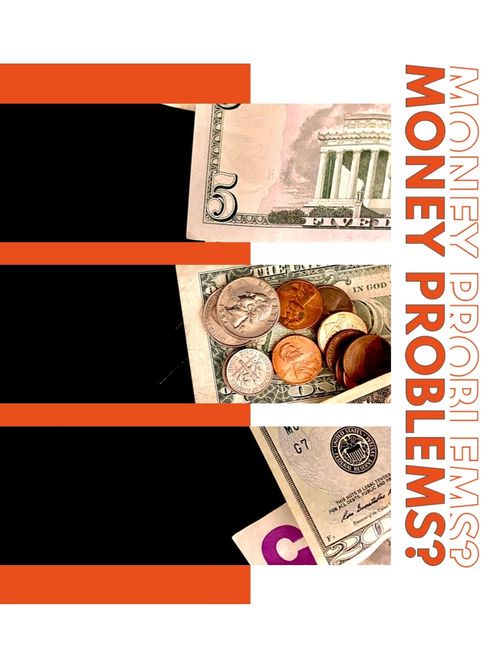The truth about being bad with money...
Oct 19, 2021 · 2 mins read
0
Share

Our relationship with money is crucial to our wellbeing. It's also incredibly complicated. And when that relationship gets strained – prompting guilt or even panic – it’s easy to feel overwhelmed.
Save
Share
Being bad with money is not a rational choice – after all, nobody wants to self-sabotage. Instead, it’s the work of the unconscious – patterns that took root when we were young and ended up shaping our beliefs.
Save
Share
Any kind of shame is terrible for our self-esteem, but “money shame” can feel particularly hard to ignore – especially when you’re confronted with an empty bank account. So what do you do?
Save
Share
Search for the root cause. Working out a budget is all well and good but unless you understand the emotional reasons why you overspend, you won’t stick to it and nothing will change.
Save
Share
Keep a journal. Write every purchase down and take a note of the reason and how you were feeling. This introduces accountability but also offers an insight into any spending patterns.
Save
Share
Don’t keep it to yourself. Money can be a difficult subject to broach, but you’re better off being open with someone who has experience in financial planning – whether it’s an online community for people like you or just a savvy friend you can trust.
Save
Share
Know when to turn to a professional. If your money issues feel alarmingly severe, seek out a financial adviser. Check if they’re accredited and ask if they’re legally required to act in your best interest.
Save
Share
Find a new mantra. When you’re feeling bad about your financial affairs, replace familiar refrains like “God, I’m so hopeless with money” or “I’m never able to do this” with something more positive. Tell yourself: “This feeling of shame is not mine. I’m going to let go of it.”
Save
Share
Remember that every crisis is a chance to learn. Learn to view money mistakes as an opportunity to take ownership of the problem and put the past behind you. Things won’t change overnight, but it’s the first step towards a better situation.
Save
Share
Bottom line: Poor financial choices are the product of unconscious belief systems, i.e. the values we grew up with. Search for the emotional cause of your spending patterns. Keep a journal, be open with the right people, and – most importantly – be kind to yourself.
Save
Share
0